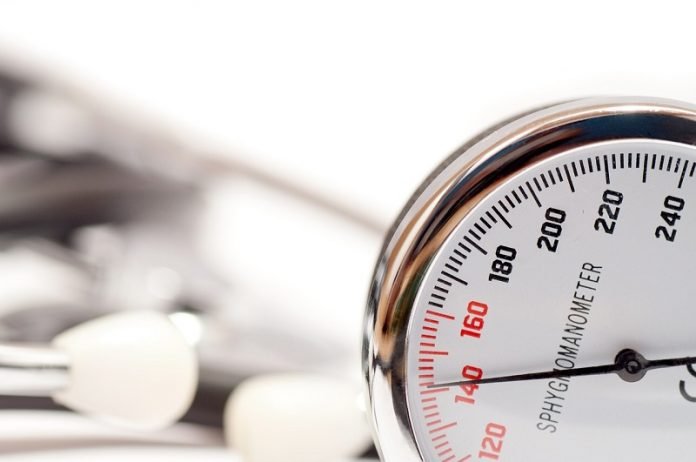
In a new study from the Cleveland Clinic, researchers found blood pressure levels rose among U.S. adults after the pandemic-related shutdowns of spring 2020.
They found that shows women and older adults had the highest increases.
Almost half of U.S. adults have high blood pressure, also called hypertension, which is a leading cause of heart disease.
Blood pressure is described using two numbers: systolic, the top number that measures the pressure in the arteries when the heartbeats, and diastolic, the bottom number that measures pressure in the arteries between beats when the heart is resting.
In this study, researchers analyzed health data gathered from 2018 to 2020 for 464,585 participants with an average age of 46. They compared blood pressure levels prior to the pandemic with those that followed.
They found no change in blood pressure levels in the time leading up to March 2020, when the arrival of COVID-19 sparked a nationwide shutdown.
But from April to December, when compared to the same time in 2019, average monthly blood pressure increases ranged from 1.1 to 2.5 mmHg higher for systolic measurements and 0.14 to 0.53 mmHg higher for diastolic.
Among women, the research showed increases in both diastolic and systolic measurements.
Meanwhile, older adults experienced an increase in systolic blood pressure levels, and younger adults had an increase in diastolic measures over the same time period.
Overall, 1 in 4 adults in the study were reclassified to a higher blood pressure category by the end of 2020.
The study suggests increases in blood pressure are likely related to changes in eating habits, increased alcohol consumption, less physical activity, decreased medication adherence, more emotional stress, and poor sleep.
The team says that even small rises in blood pressure increase one’s risk of stroke and other adverse cardiovascular disease events.
The team said it will continue to analyze blood pressure trends in this population for 2021.
If you care about blood pressure, please read studies about the activity that could greatly benefit people with slightly high blood pressure, cholesterol, and findings of the tea compounds that could reduce blood pressure.
For more information about health, please see recent studies about whole grain that could benefit your blood pressure, blood sugar, and results showing that this blood pressure drug may repair blood vessels in the brain.
The study is published in Circulation. One author of the study is Dr. Luke Laffin.
Copyright © 2021 Knowridge Science Report. All rights reserved.



